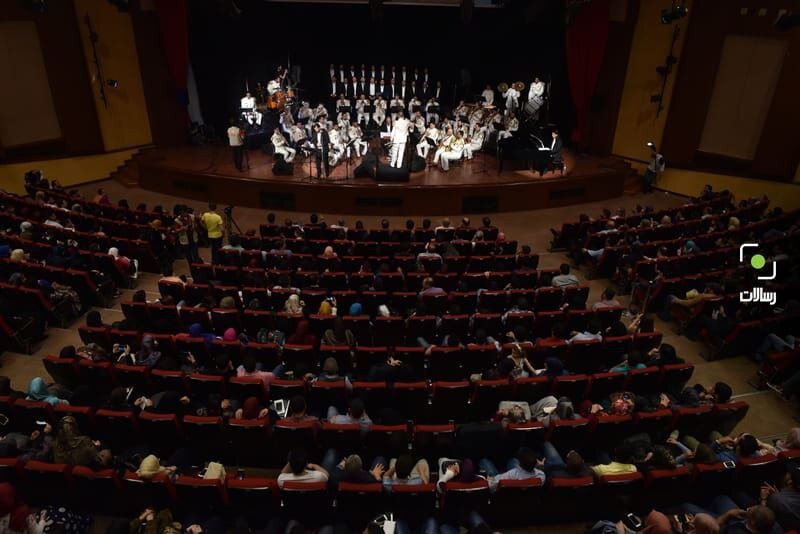The move to dissolve Hezbollah’s cultural association is spiteful

BEIRUT — Ignoring the ongoing U.S.–led Israeli aggression and the stifling economic crisis, the Lebanese government has prioritized putting on its agenda a draft resolution to dissolve the Lebanese Association for Arts.
The draft resolution, submitted by Interior Minister Ahmad Hajjar, on the pretext of “violating applicable regulations” came immediately after the lighting of the Raouche Rock with the images of Hezbollah’s two secretaries-general, Sayyed Hassan Nasrallah and Sayyed Hashem Safieddine.
The timing reveals that the issue is not legal, as it is intended to be portrayed. Rather it is purely political and vindictive.
Instead of addressing the comprehensive collapse or confronting the Israeli threats, the government is busy trying to undermine a cultural activity that falls under the freedom of expression guaranteed by Article 13 of the Lebanese Constitution, which guarantees freedom of opinion, assembly, and association without the need for prior licensing.
Legally, the executive authority has no authority to dissolve an association operating in accordance with law, except after a final and binding judicial decision issued based on an official lawsuit and after the association has been granted the right to defend itself.
Therefore, the move to dissolve Resalat constitutes a violation of the principle of separation of powers. It is a clear infringement on the authority of the judiciary.
Hezbollah MP Hassan Fadlallah was clear in his position. Talking on Al-Manar TV, he said: “God willing, they won’t make a mistake, because no one takes anything from us in a challenge.”
Addressing Prime Minister Nawaf Salam, he said: “Your decision is as useless as a chocolate teapot [translated from a Lebanese idiom].”
Fadlallah announced that he would speak in Parliament on behalf of the association, asserting that the government “undermines the state’s prestige with the way it handled the Raouche event.”
Hence, the proposed dissolution becomes a new chapter in the chain of soft war waged against the Resistance, with the aim of drying up the sources of awareness and undermining the cultural identity it protects.
Cultural targeting is the other side of the political and media blockade. It is an attempt to silence the voice of artistic resistance now that foreign military aggression and external dictates have failed to silence the movement.
The sickening paradox is that the government is dealing with Resalat as if it were a hostile entity. However, the government released Riad Salamé, the former governor of Banque du Liban, known as the plunderer of the people’s wealth, along with several collaborators with Israel.
The Resalat association is a cultural and artistic institution that has presented sophisticated musical, theatrical, and operatic works over the years, established a world-class orchestra, and launched projects to support Lebanese and Arab creatives. Its record shows that it nurtures national culture and is not a threat to the state.
The draft resolution is dangerous because it not only targets a specific association, but also paves the way for a constitutional precedent that would allow any subsequent government to dissolve associations or revoke their licenses based on political mood.
This threatens the future of civil society and cultural life in Lebanon as a whole!
Lebanon, once a country of freedom and openness, must not be transformed into a gray version of the oppressive Persian Gulf regimes that punish thought and art.
Approving this bill would effectively mean the annihilation of freedom of expression and the abolition of the cultural resistance, which has been one of Lebanon’s most prominent success stories.
